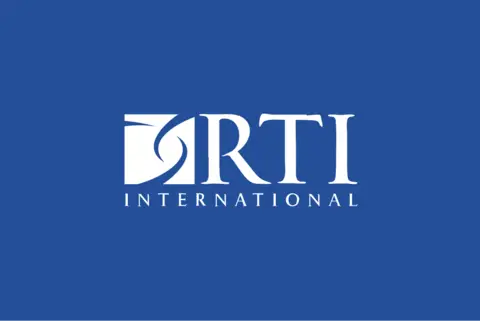RTI International will lead the Integrative Omics Center for Accelerating Neurobiological Understanding of Opioid Addiction (ICAN)
RESEARCH TRIANGLE PARK, N.C. — RTI International, a nonprofit research institute, has been selected by the National Institute on Drug Abuse (NIDA), an agency within the National Institutes of Health (NIH), to establish a specialized research center that will use multidisciplinary and innovative science to reduce the public health burden caused by opioid addiction.
RTI will lead the Integrative Omics Center for Accelerating Neurobiological Understanding of Opioid Addiction (ICAN) — a national network of top genomics researchers that will conduct four interlocking studies with the goal to improve options for treating opioid use disorder. While researchers still do not know why some people face a higher risk of addiction than others, more studies are working to better understand how an individual’s genes may be related, and apply this information to better tailor treatments to the individual.
By leveraging the power of omics, the goal for ICAN is to offer field-changing breakthroughs and identify actionable targets for development of opioid use disorder treatments. The team will conduct large-scale integrated multi-omics studies of humans, integrate rodent and human studies to identify related genes and gene networks, and build a publicly available national omics resource for studying opioid addiction.
“Integrating multiple omics across species is a promising approach that leverages expertise from a large group of investigators to better understand the root causes of opioid use disorder and identify promising biological targets for new drug development. This makes ICAN a particularly exciting and potentially impactful project,” said Eric Otto Johnson, Ph.D., a Distinguished Fellow in epidemiology at RTI and principal investigator on the project. “Our team looks forward to bringing RTI’s expertise to this effort and collaborating with the many researchers and institutions involved.”
ICAN launched in September 2022 and involves researchers from multiple institutions across the country — from Johns Hopkins University to UC San Diego — each providing their own unique contributions to the project. The team will be anchored by RTI investigators who will organize center activities, outreach and mentoring as well as perform essential project integration and national resource building functions.
The NIH award further diversifies the work RTI has led to learn more about the impacts of the U.S. opioid crisis, increasing knowledge of effective addiction treatment and supportive programs. With more than 80,000 opioid overdose deaths in the U.S. in 2021 — the highest number on record — projects like ICAN provide insight on the public health impact of addiction and helps to find solutions to the global challenge.
This research center is supported by the National Institute on Drug Abuse of the National Institutes of Health under project number 1P50DA054071-01A1. The content presented in this release is solely the responsibility of the authors and does not necessarily represent the official views of the National Institutes of Health.
Learn more about RTI’s omics work
Learn more about RTI’s research on opioid use disorder (OUD) treatment

RTI International Media Relations:
